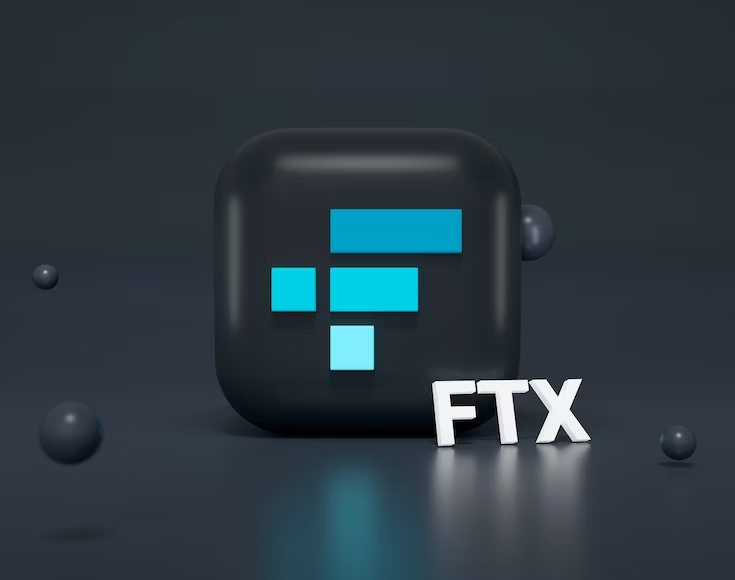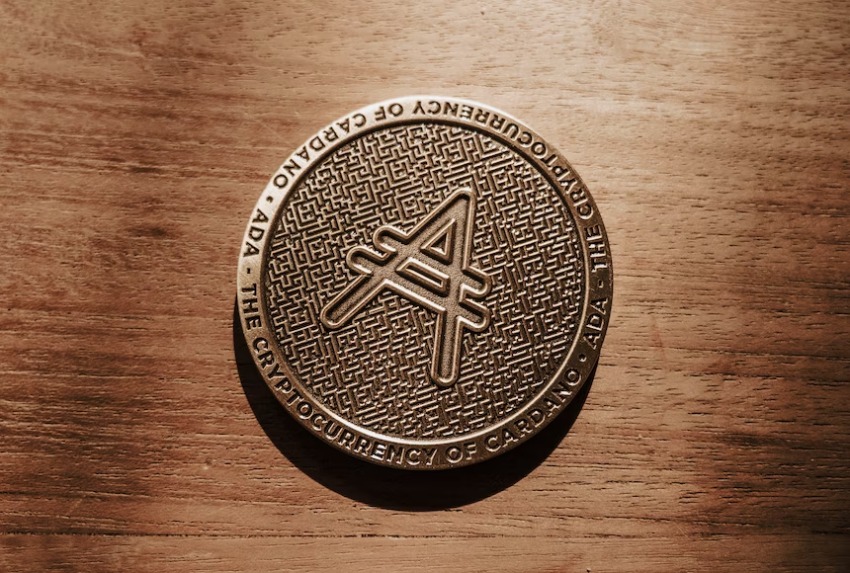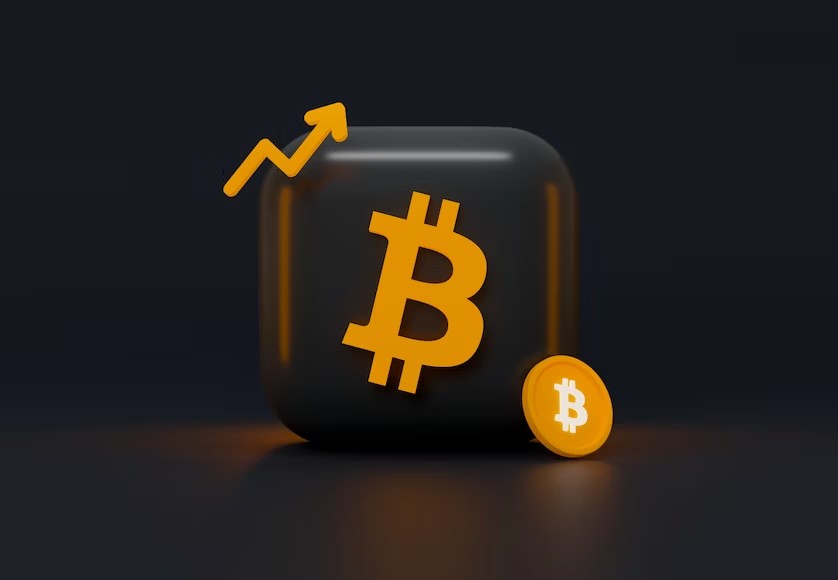Cryptocurrency has become an increasingly popular topic in recent years. As more people venture into the world of digital currencies, it’s important to understand the basic terminology used in the crypto space. Whether you’re a beginner or simply want to brush up on your knowledge, here are the top 10 crypto terms you need to know.
1. Crypto Wallet: Your Digital Bank Account

A crypto wallet is like a digital bank account that allows you to store, send, and receive cryptocurrencies.
It consists of a pair of cryptographic keys: a public key, which is your wallet address, and a private key, which grants access to your funds. Think of it as your personal safe for storing your digital coins securely.
2. Blockchain: The Ledger of Transactions

Blockchain is the underlying technology behind cryptocurrencies. It’s a decentralized and transparent ledger that records all transactions across a network of computers. Each transaction is grouped into a block and added to a chain of blocks, hence the name “blockchain.”
This technology ensures security, immutability, and transparency within the crypto ecosystem.
3. Crypto Exchange: Your Digital Currency Marketplace

A crypto exchange is a platform where you can buy, sell, and trade cryptocurrencies. It acts as a marketplace, connecting buyers and sellers, and facilitating transactions.
Just like a stock exchange, a crypto exchange enables you to convert one cryptocurrency into another or exchange them for traditional fiat currencies.
4. HODL: Hold On for Dear Life
HODL is a term coined from a misspelling of “hold” and has become a popular meme in the crypto community. It refers to the strategy of holding onto your cryptocurrencies rather than selling them, even during price fluctuations.
HODLers believe in the long-term potential of their investments and resist the temptation to make short-term trades.
5. Altcoin: Alternative Cryptocurrencies

Altcoin is a collective term for all cryptocurrencies other than Bitcoin. It stands for “alternative coin” and includes thousands of digital currencies that have been developed after Bitcoin’s success.
Some popular altcoins include Ethereum, Ripple, Litecoin, and Cardano. Altcoins often serve different purposes and have unique features compared to Bitcoin.
6. ICO: Initial Coin Offering
ICO stands for Initial Coin Offering, which is a fundraising method used by cryptocurrency startups. During an ICO, investors can purchase newly issued tokens in exchange for established cryptocurrencies like Bitcoin or Ethereum.
ICOs are a way for startups to raise capital to develop their projects, and investors can potentially profit if the project succeeds.
7. FOMO: Fear of Missing Out
FOMO, an acronym for “Fear of Missing Out,” is a common emotion experienced in the crypto market. It refers to the anxiety people feel when they see others making profits or investing in a particular cryptocurrency and fear missing out on potential gains.
FOMO can lead to impulsive decisions, so it’s important to make informed choices based on thorough research.
8. Stablecoin: Crypto with Stable Value

Stablecoins are cryptocurrencies designed to maintain a stable value, often pegged to a fiat currency like the US dollar. They offer the advantage of reduced volatility compared to other cryptocurrencies, making them suitable for everyday transactions and as a store of value.
Tether (USDT) and USD Coin (USDC) are popular examples of stablecoins.
9. Mining: Securing the Network and Earning Rewards
Mining simply means validating or verifying various transactions no the blockchain network. Miners use powerful computers to solve complex mathematical problems, and in return, they are rewarded with newly minted cryptocurrencies.
Mining helps secure the network, prevents double-spending, and adds new transactions to the blockchain.
10. Decentralized Finance (DeFi)
Decentralized Finance, or DeFi, refers to the use of blockchain and crypto to replicate traditional financial systems, but it will be decentralized. It aims to remove intermediaries such as banks and enable peer-to-peer transactions, lending, borrowing, and other financial services.
DeFi platforms offer users greater control over their funds and the ability to earn passive income through various decentralized applications (dApps).
11. Smart Contracts: Crypto-powered Agreements

Smart contracts are self-executing contracts with the terms of the agreement written directly into code. They automatically execute and enforce the agreed-upon conditions without the need for intermediaries.
Built on blockchain technology, smart contracts have the potential to revolutionize various industries by eliminating the need for trust in traditional contractual arrangements.
12. Public Key and Private Key: Your Digital Signature
In cryptography, a public key is an address you share with others to receive funds, while a private key is a secret code known only to you, used to sign transactions and access your crypto holdings.
The combination of these keys ensures the security and integrity of your digital assets.
Final Verdict
Understanding these top 12 crypto terms will help you navigate the exciting world of cryptocurrencies with more confidence. From managing your digital assets in a crypto wallet to exploring the possibilities of decentralized finance, you’ll be equipped with the knowledge to make informed decisions.







